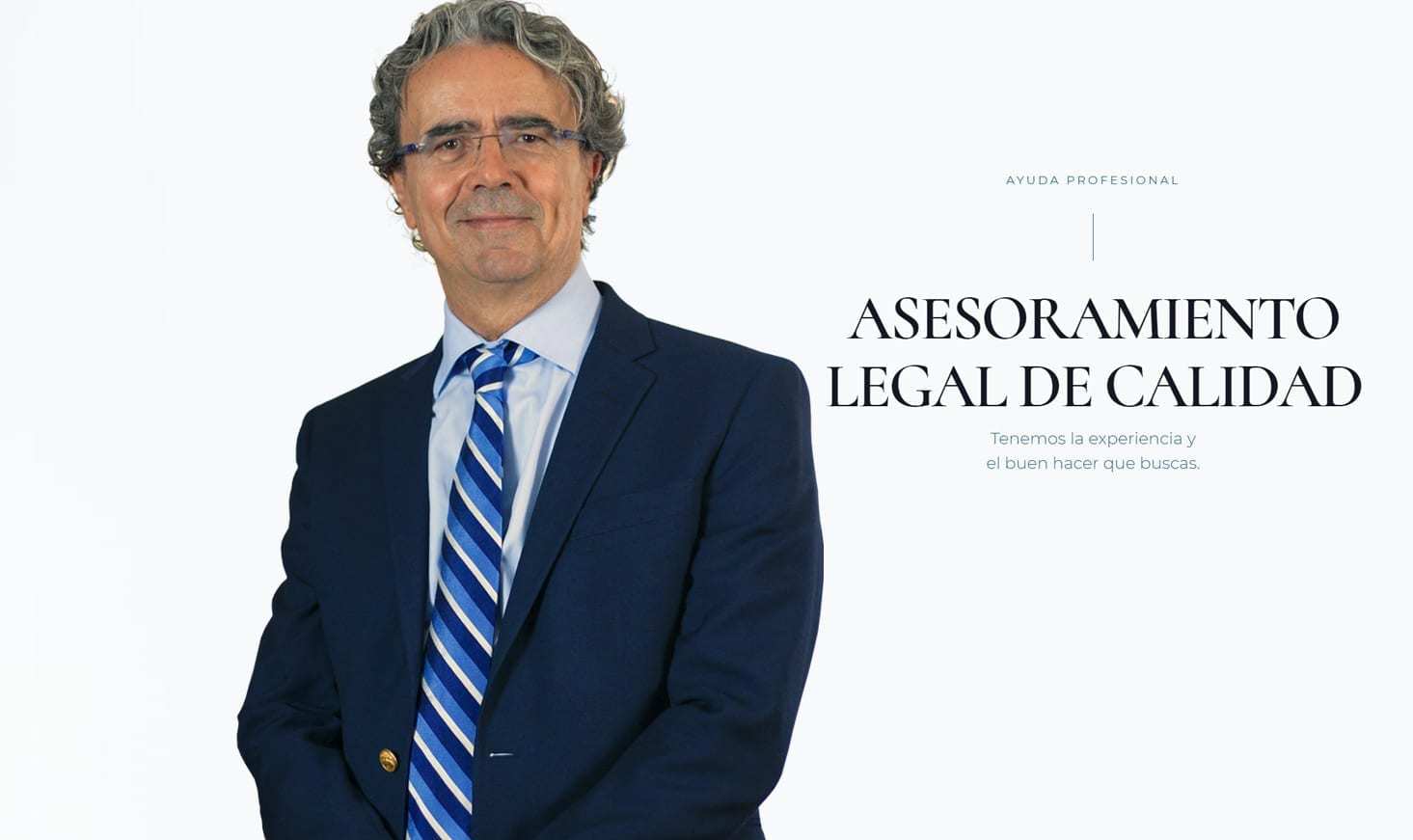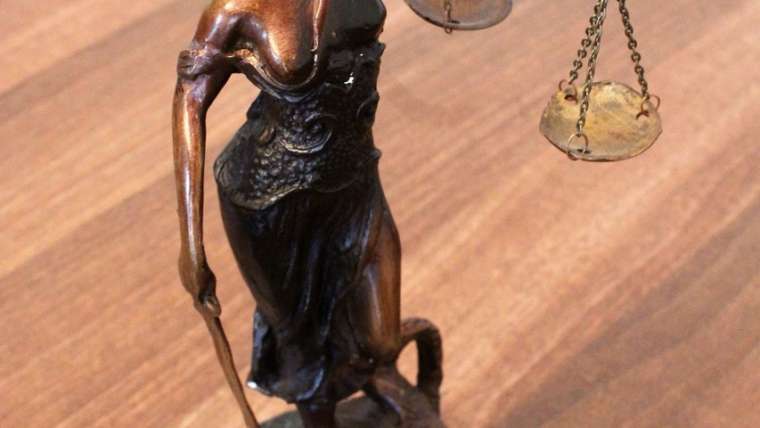POSSESSION AS OWNER AS A MEANS OF ACQUIRING PROPERTY
Although it may seem strange that today there could be real estate properties that remain outside the dispositional sphere of a person for many years, it is true. There are many cases where the transfer of ownership of a property has not been properly handled, and eventually, the possessor who believes they are the owner wishes to regularize their situation. This can be done as long as they meet the requirements established in the Civil Code, and obviously, they must have a title; otherwise, we would not be talking about the same thing.
When discussing usucapion, it always refers to both movable and immovable property, and the acquisition always refers to ownership and real rights.

REASON FOR THE RECOGNITION OF THIS RIGHT
We believe that the reason for this legal concept lies in several causes, the main one being the need for legal certainty and ensuring that the doors to the normalization of property rights are not closed to those who prove they are entitled to them.
As established by our Supreme Court, the foundation of usucapion is objective in nature and aims to provide security to rights so that, after the period set by law has elapsed and the other required conditions are met, such rights are consolidated and protected against all, thereby avoiding the difficulties of proof that may exist to justify the origin of real rights acquired in distant times.
ACQUISITIVE PRESCRIPTION WHEN THERE IS JUST TITLE
Usucapion is regulated in the Civil Code, among others, in articles 609 and 1936 and following, which we will not reproduce here, but we will highlight the essential requirements needed to access this form of original acquisition because it is not a transfer of ownership but an original one.
Ordinary usucapion:
It requires the conditions of good faith and just title (according to art. 1940 of the Civil Code):
Just title:
The Civil Code defines just title in art. 1952 of the Civil Code: “Just title is understood to be that which legally suffices to transfer the ownership or real right of which the prescription is concerned.” The title for usucapion must also be true and valid (art. 1953 of the CC).
Good faith:
art. 1950 of the Civil Code states: “The good faith of the possessor consists in the belief that the person from whom he received the thing was the owner and could transfer its ownership,” which coincides with what is established in art. 433 of the Civil Code, according to which a possessor is presumed to be in good faith if he is unaware that there is a defect in his title or method of acquisition that invalidates it. On the contrary, a possessor is presumed to be in bad faith if the opposite is true.
The period for ordinary usucapion of movable property is 3 years (art. 1955 of the Civil Code, paragraph 1), and immovable property prescribes in 10 years, unless the affected party resides in a foreign country or overseas, in which case it requires 20 years, according to art. 1957 of the Civil Code.
We must consider that, in general, immovable property is registered in the Property Registry, which presumes that the registered owner is the rightful owner. Therefore, the requirement of possessing as an owner must be adequately justified.
To fully understand this type of prescription, it is essential to emphasize that the possessor must act as the owner. This can only be demonstrated through a title, which will not necessarily be the one required for registration in the Property Registry. If it were, we would not be dealing with this type of prescription.

A practical example:
This law firm in Alicante is currently handling a case of ordinary acquisitive prescription. We base our argument on the existence of a just title document, in this case, the granting of a power of attorney. The deceased owner granted this power to our client, giving her extensive rights over the property, including self-contracting.
Additionally, our client has demonstrated that over the past 40 years (although 20 would have been sufficient), she has paid all the expenses related to the property and has possessed it from the beginning. This has been confirmed by numerous witnesses, including neighbors.
Finally, it is important to note that the registered owner passed away as a widow and without heirs. Therefore, a lawsuit was filed against the deceased’s vacant inheritance.
EXTRAORDINARY ACQUISITIVE PRESCRIPTION
Article 1.959 of the Civil Code, concerning immovable property, provides that when there is no title, ownership can be acquired. However, unlike ordinary prescription, possession must last for 30 years, and in the case of movable property, 6 years, and of course, it must be in the concept of ownership. In this case, neither good faith nor just title is necessary.
As with ordinary prescription, possession must be public, peaceful, and uninterrupted.
It is important not to confuse this with recognizing a right for someone occupying a property and intending to acquire it merely with the passage of time. In our legal system, mere possession of a property is not recognized as a title to acquire ownership. This is especially relevant for immovable property, as it is rare to find properties that are not registered in the Property Registry. Such registration would not allow someone to claim ownership based solely on possession.
In the case of acquisitive prescription, especially extraordinary, it is considered consummated when certain requirements are met. It is essential that possession be exercised as the owner, publicly and peacefully. This concept of “possession in the concept of ownership” is not merely subjective or intentional. The simple desire to possess the property for oneself is not enough.
An objective element is also required, consisting of performing unequivocal acts that are clearly visible in commerce. These acts must be those that only an owner can carry out. It is necessary to act and present oneself as the effective owner of the property, demonstrating this possession through acts that only a legitimate owner could perform.
JUDICIAL ACTION TO RECOGNIZE THIS RIGHT
Acquisition by possession can only be recognized through a judicial resolution, which, once it becomes final, is registered in the Property Registry.
The appropriate procedure is an ordinary lawsuit as provided by procedural law.
A lawsuit must be filed against the registered owner or the vacant inheritance if the owner has passed away and there are no known heirs.
The lawsuit must be accompanied by as much documentation and witness testimony as possible to prove that the legal requirements are met, depending on whether the prescription is ordinary or extraordinary.
CARLOS BAÑO ABOGADOS
In our law firm, we are real estate law experts. If you have any questions, we are here to help.



